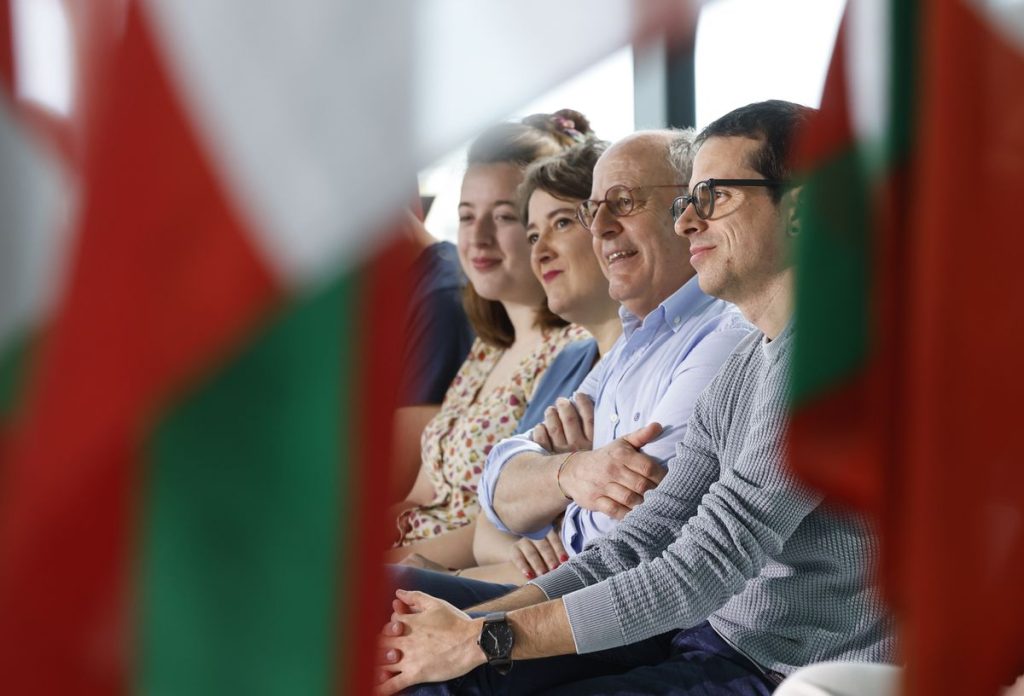The town square of Mutriku (Gipuzkoa) is home to a statue of Cosme Damian Txurruka, a scientist and sailor native to Mutriku who died in the Battle of Trafalgar in 1805. This modest monument in a small town square stands in stark contrast to the grand column dedicated to Nelson in London’s Trafalgar Square. Erecting a statue to the one who lost the battle rather than the victor is a quintessentially Basque trait. Basques often tend to side with the underdog, the non-favorite, the weak. Seeing the world from a non-dominant or non-hegemonic position teaches compassion and empathy towards those who suffer. Euskadi is a progressive society with a strong sense of community, committed to social and environmental issues, civil rights, and equality.
Zygmunt Bauman suggested that in small societies, equity is easier to achieve as they are more dynamic and inclusive. The close-knit nature of Basque society allows for people with differing views to walk together, fostering a sense of unity despite ideological differences. However, this cohesion has not always been present in the region’s history. Euskadi is like an intelligent child reluctant to admit mistakes. Unlike in New York, where a tradition of critical self-analysis exists, Basques have struggled to confront their past. Generational silence about the hardships endured during the Civil War and terrorism has created a sense of avoidance, with older generations feeling the wounds of the past while the younger generation looks towards the future.
The poignant lyrics of Mikel Laboa’s music, set to a beautiful poem by Jose Antonio Artze, speak of hidden corners and the poet’s struggle to unveil what lies beneath the surface. The metaphor of fog symbolizes the ability to dream and escape the mundane realities of everyday life. The poet’s introspective musings remind us that what affects us most deeply is often that which is closest to us. Perhaps in recent years, amidst addressing pressing issues like the pandemic and economic recovery, the Basque society has become more complacent and short-sighted, potentially losing some of its entrepreneurial spirit.
As a writer and creative writing professor in New York, Kirmen Uribe urges the new Lehendakari of Euskadi to dream and envision a better future for the region. He calls for leadership that transcends mere administration and offers new ideas and initiatives that engage and represent the diverse voices of Basque society. Uribe stresses the importance of embracing cultural activities, advocating for language rights, promoting empathy and generosity towards non-speakers, and prioritizing the needs of marginalized groups, including victims and prisoners. He encourages the incoming Lehendakari to surround themselves with a competent and diverse team that seeks excellence and aspires to a brighter tomorrow for all.
In conclusion, Uribe’s heartfelt message calls for a Lehendakari who not only leads with competence but also with compassion, creativity, and a vision for the future. By engaging with all members of society, acknowledging the past, and fostering a sense of unity, the new leader of Euskadi can chart a course towards a more inclusive and harmonious future for the Basque Country. As an intellectual and cultural leader, the Lehendakari must embody the values of empathy, respect, and solidarity that define Basque society, leading by example and inspiring hope for a better tomorrow.


